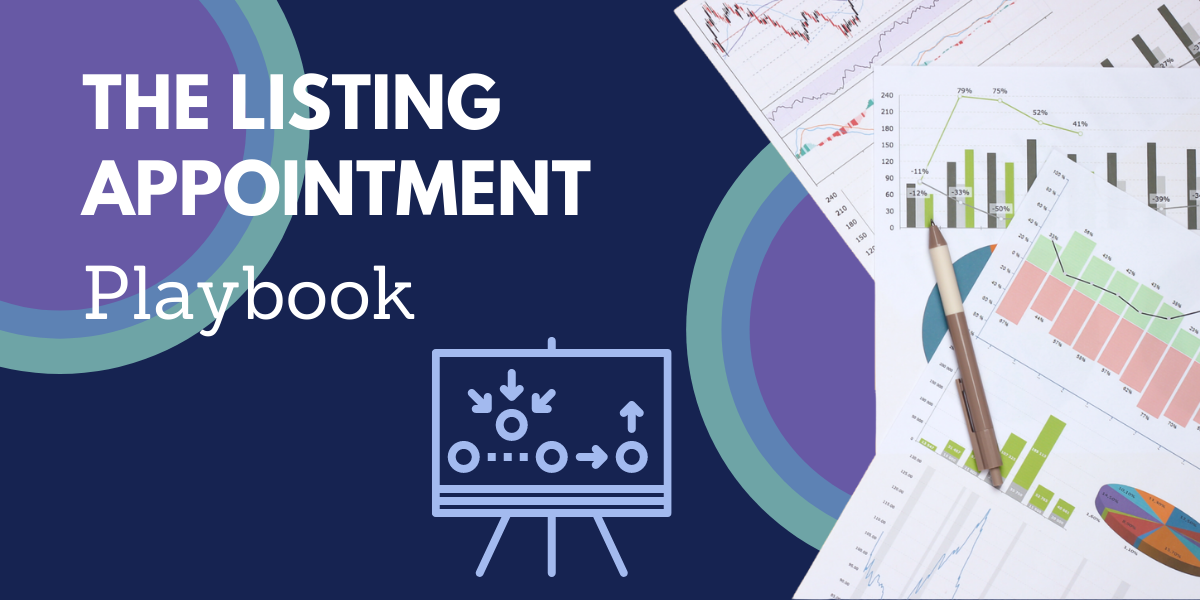The Commercial Property Buying Process, Explained
by Marty Black
The commercial property buying process is an altogether different beast compared to other kinds of real estate purchases. This is an important business investment. You want to make sure you have all of the information at your disposal before making any lasting moves. Fully explaining the commercial property buying process may seem like a tall order. However, we'll try to cover as much ground as possible in this useful guide.
Commercial Buying Process: Where to Start?


Budgeting
Realistically considering the state of your finances is the most important part of the commercial property buying process. Some people will be in a position to lease a space, while others will want to buy it right away. You also have to be clear about what kind of property you're after. Ask yourself what function you are hoping it will serve.
Are you going to use it for your own business or let it out? You need to set clear guidelines for yourself when it comes to what you can afford. You'll need to set amounts you can cover for a down payment, for loan costs, principal, insurance, etc. Carefully planning this part will help you have more control in other stages. It will also point you in the right direction when it comes to which properties you can actually afford.
Hire the Right People
We have already mentioned the necessity of a trustworthy and experienced commercial real estate agent, but some might say that it is kind of an obvious tip. However, this is not the only person you want to have in your corner when shopping for commercial property. You also want to have an attorney who will help you with the legal side of things and review all your contracts. Being in touch with an accountant will also eliminate any possible headaches they can help you with the financing and any potential tax issues.

Money Lending
Making Your Offer
Once you’ve found the property through your agent, the true commercial buying process can begin. The first offer you make for purchasing commercial property is called a Letter of Intent. Alternately, it might be called a Memorandum of Understanding. These documents allow both parties to work out the terms of the purchase in layman’s terms ahead of making a formal document in the form of a contract. Once you get to the contract stage, make sure you have both your attorney and accountant review it.
Do Your Due Diligence
We can’t say we have had the commercial property buying process explained until we touch on due diligence. This process can vary from property to property. However, there is a kind of solid skeleton to the process that is the same for all cases. Through this process, you determine the current state of the property so you can avoid any post-transaction surprises. The first step is performing a preliminary environmental study. After that, you perform the physical inspections of the property followed by verifying the zoning or other business requirements of the area. Finally, you review the title and request an appraisal.

The Transaction
The commercial buying process ends with closing the transaction. This part is very similar to residential real estate purchases. You are required to provide the money necessary for closing the transaction to either the attorney or escrow company. You’ll sign the papers and perhaps have several other administrative hang-ups to go through, depending on the details of your situation.
Hopefully, we have managed to take some of the stress away from moving your business into a newly purchased space, and from the process of commercial purchasing itself. Like most things, all it requires is doing our due diligence in more ways than one. Stay informed and curious about the process and you should be fine. Thorough planning is also something that will prove to be your saving grace in a situation like this.
About the Author
Marty Black is a writer specializing in the area of moving and working with companies like Divine Moving and Storage NYC. He is also interested in the ins and outs of the real estate market, as well as all broader business-related topics. He lives in NYC with his family.
